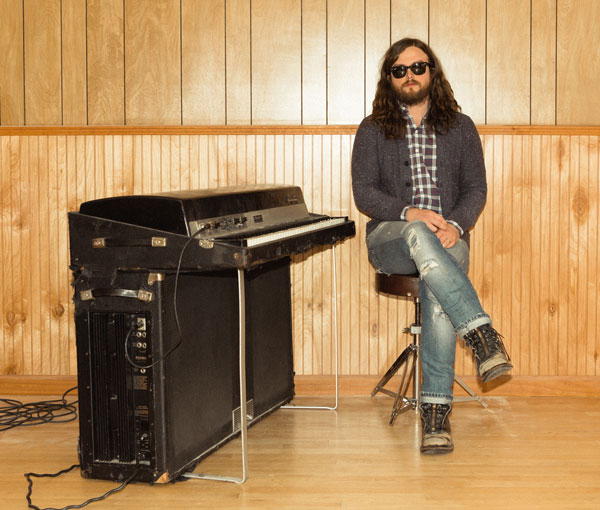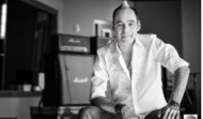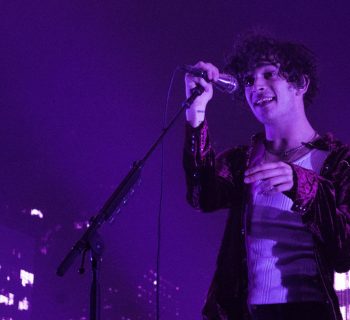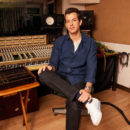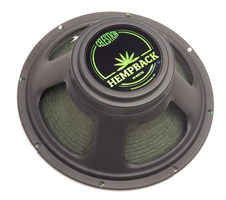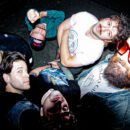J Roddy Walston and The Business
Surviving and Thriving at a Music Festival
Perspiration streaming out of every pore, voices hoarse from impassioned singing and fingers raw from an on-stage beating, J Roddy Walston and the Business wear each of these as a badge of honor. For the past 10 years, they’ve spent the spring/summer months playing at music festivals across the country. In this exclusive interview with MC, the band’s singer (and namesake) gives an inside look at what it’s like to live the festival life.
Music Connection: Your performances have so much energy, even outdoors under the hot sun. How do you survive the heat?
J Roddy Walston: You’ve got to hydrate an unbelievable amount the night before and the day of. And, depending on what festival you’re at, they have really good rock docs. After one festival I was like, “I’m so dehydrated!” They were like, “We could have got you an IV or something.” I was like, “Damn!”
MC: How much of an adjustment is it, playing a festival show compared to a regular club show?
Walston: The way the monitor and sound is moving around is completely different. You’re 40 feet wider apart from each other than you’ve ever been. There are no walls around you. For us, the first couple of times it was like whoa, that did not rock at all. It’s not the same as playing a club show.
MC: What other technical challenges come with playing a festival?
Walston: If you’re playing in the day, a lot of people the first time get caught off guard that you can’t see your pedal lights. So tuning is really tough. If you can get by on a very simple setup, I would do that. Particularly if you’re having to rent gear or they’re making you use the back line. If you can play through a Fender Deville or something that’s very standard, they’ll have four of them. So if one of them breaks in the middle of the set, it’s pretty easy [to deal with].
MC: The crowds are different at festivals, too. In some cases, this may be their first time hearing your band. Does that come into your mind while making the set list?
Walston: At [festivals] we play what has been our biggest single, “Heavy Bells,” early in the set. Because if people have heard the song but don’t necessarily know who your band is, dropping something familiar like that early on makes them go, “Oh it’s this band! Ok, cool!” With festivals, you’re not trying to get your regular audience to come and have a good time. I mean, it’s great if they do and it helps the crowd lighten up, but what you’re trying to do is get a lot of new audience members from all over the place.
MC: For the sake of grabbing attention, do you ever mix cover songs into your set?
Walston: You’ve got to be careful. If the best song in your set is a cover, that can be no good. You’ve got to find that right balance. I’ve seen some people do three or four covers and that was the most stoked that anyone got the entire set. It’s like, is that really what you want them walking away thinking about?
MC: Festivals also come with extracurricular stuff—parties, sponsored events. Do you automatically say yes to any invitation?
Walston: We used to say yes to these late night after-parties, but they were the night before we would play. And then we had to load in early. And then we’d have these amazing after-party shows and then just kinda terrible festival shows. Put the priority on the performance of the actual festival. If you’re not sure if you can play a 3-in-the-morning after-show and then get up the next day and do your best show, then I would say no to the after-show. You don’t want to walk away feeling like you didn’t hit a homerun.
MC: What about the press? Do you have to be picky about which interviews you agree to do?
Walston: Until you’re a big enough star that you don’t need press, say yes. I’m always surprised when bands are not thankful. They’re like “Oh, this is stupid. This is not why I joined a band.” Well, if you only want to play music, stay in your basement. It’ll stay pure. You won’t have to do anything you don’t want to do, other than working a normal job. You could listen to a terrible manager at Starbucks scream at you or you could talk about yourself to somebody. My advice would just be to roll with it and have a good time.
MC: I’m looking at the list of festivals your band has played—Bonnaroo, Lollapalooza, Coachella. Can you look back and see how each one has affected your career?
Walston: It all becomes a broader, collective thing. Definitely every festival that we played, even if we thought the set was early or maybe we didn’t kill it, from then on there’s been people at shows where it’s like, “I saw you at this festival in Delaware!” So it is worth it. What you’re doing is getting in front of a really broad audience from all over the place. And even if they’re not acting like they love music and are basically there to drink or do drugs at a festival, there are people that paid anywhere from $300 to $800 for tickets to see bands play. That’s a pretty good pool of people to get a base of an audience. You see it in that sort of long term thing of how it affects your nationwide touring.
MC: So, what’s your advice for an artist who’s getting ready to play their first festival?
Walston: Be prepared. You’re going to get treated a little bit less than if it’s you’re first, unless you’re just completely skyrocketing. Be nice, be appreciative. Stick up for yourself, don’t get walked all over, but know that you will get people asking, “Who are you?” And just deal with it.
MC: Makes sense. Check your ego at the door.
Walston: Definitely. And I would bring a bandana or some sort of breathing, dust mask thing. Almost every festival is really dusty. I would also bring a change of clothes, because you just get really disgusting and at some point you are going to want to not smell the way you smell.
J Roddy Walston and the Business are touring with Cage The Elephant this summer, while also playing at major festivals. Their latest album is Essential Tremors. Contact Joe Greenwald, jgreenwald@c3mgmt.com.

